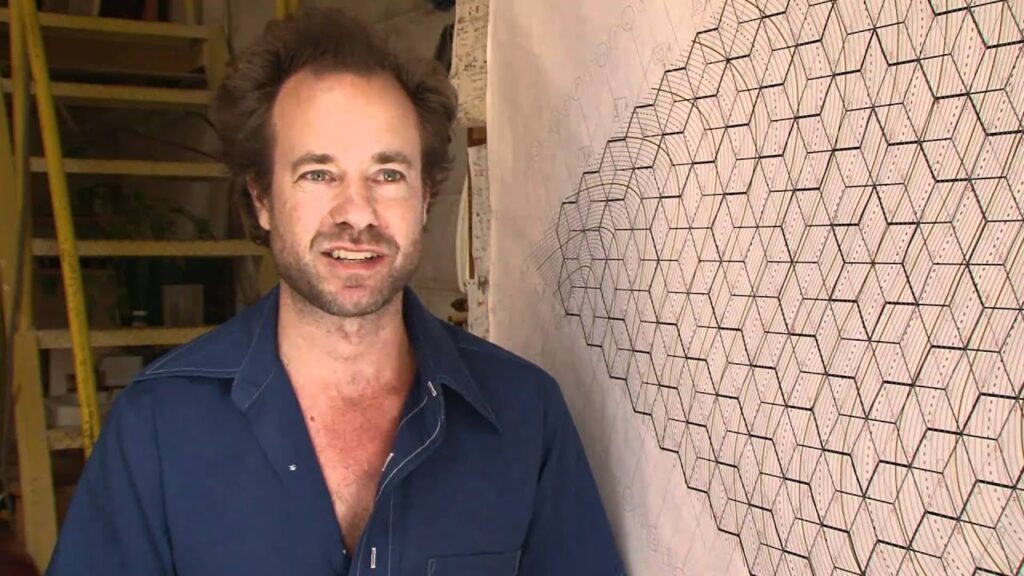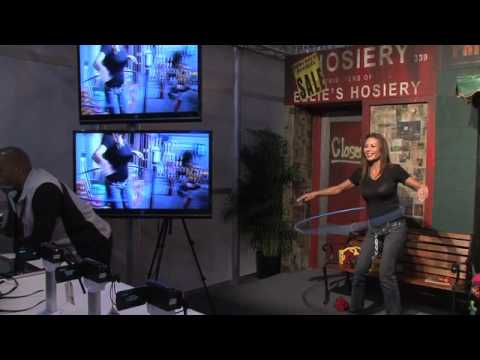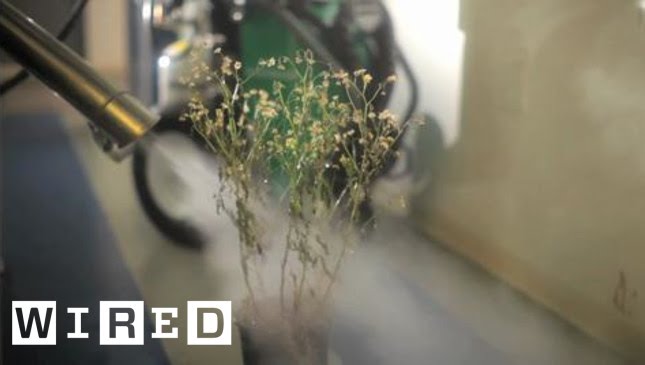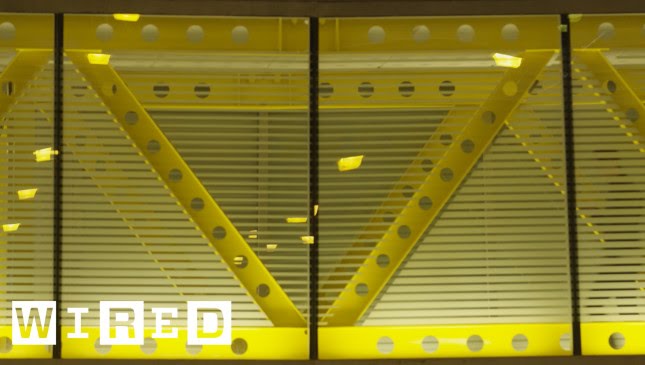Exploring Space and Life as an Astronaut: A Q&A with Scott Kelly on Twitter
Summary
Former NASA astronaut Scott Kelly takes on Twitter to answer questions about space speeds, growing plants, conducting experiments, tracking time, coping with coming back to Earth, and much more. Kelly shares his exciting experiences in space and the challenges that come with it.
Table of Contents
- Introduction
- How do Astronauts Grow Food in Space?
- Conducting Science Experiments in Space
- How do Astronauts Track Time in Space?
- Coping with Coming Back to Earth
- Conclusion
Introduction
Scott Kelly is a former NASA astronaut with over 500 days in space, including a year-long mission aboard the International Space Station (ISS). On Twitter, Kelly answered questions about different aspects of space life and gave insights into his unique experiences.
How do Astronauts Grow Food in Space?
One question that came up was how astronauts grow food in space. Kelly reveals that plants are grown using hydroponics, which means they are grown in a nutrient-rich water solution instead of soil. Astronauts can grow lettuce, zinnias, and other plants in space as a way of producing food for longer space travels. However, Kelly noted that gardening in space comes with its own unique set of challenges, such as dealing with zero gravity and the lack of natural light.
Conducting Science Experiments in Space
Another question that Kelly addressed was the kind of science experiments that astronauts conduct in space. Kelly notes that there are various types of experiments, including ones focused on bone and muscle loss as well as the psychological effects of growing plants in space. He further explains that the microgravity environment allows scientists to explore the effects of low or zero gravity on different aspects of human physiology.
How do Astronauts Track Time in Space?
A Twitter user asked how astronauts keep track of time in space. Kelly answers that they use Greenwich Mean Time (GMT), the standard time used by people all around the world. GMT is kept through atomic clocks, which are calibrated to tick at the same rate as Earth’s rotation. Astronauts synchronize their clocks with ground control and other space agencies to maintain a common time standard.
Coping with Coming Back to Earth
The feeling of “vacation blues” can also affect returning astronauts, and one Twitter user asked how astronauts cope with coming back to Earth after living in space for an extended period. Kelly responds that it can be challenging to leave the space station and all its wonders but notes that he coped by coming to appreciate the experience he had and moving on. He also shared that when he was on Earth, he missed space, and when he was in space, he missed Earth.
Conclusion
Scott Kelly’s Twitter Q&A session gives a glimpse into the life of astronauts in space. From growing food, conducting experiments, and tracking time to dealing with re-entry blues, the former NASA astronaut gives insights into how he and other astronauts experience life beyond Earth’s atmosphere. As Kelly concludes the session, he thanks his audience for their attention and the great questions asked.







